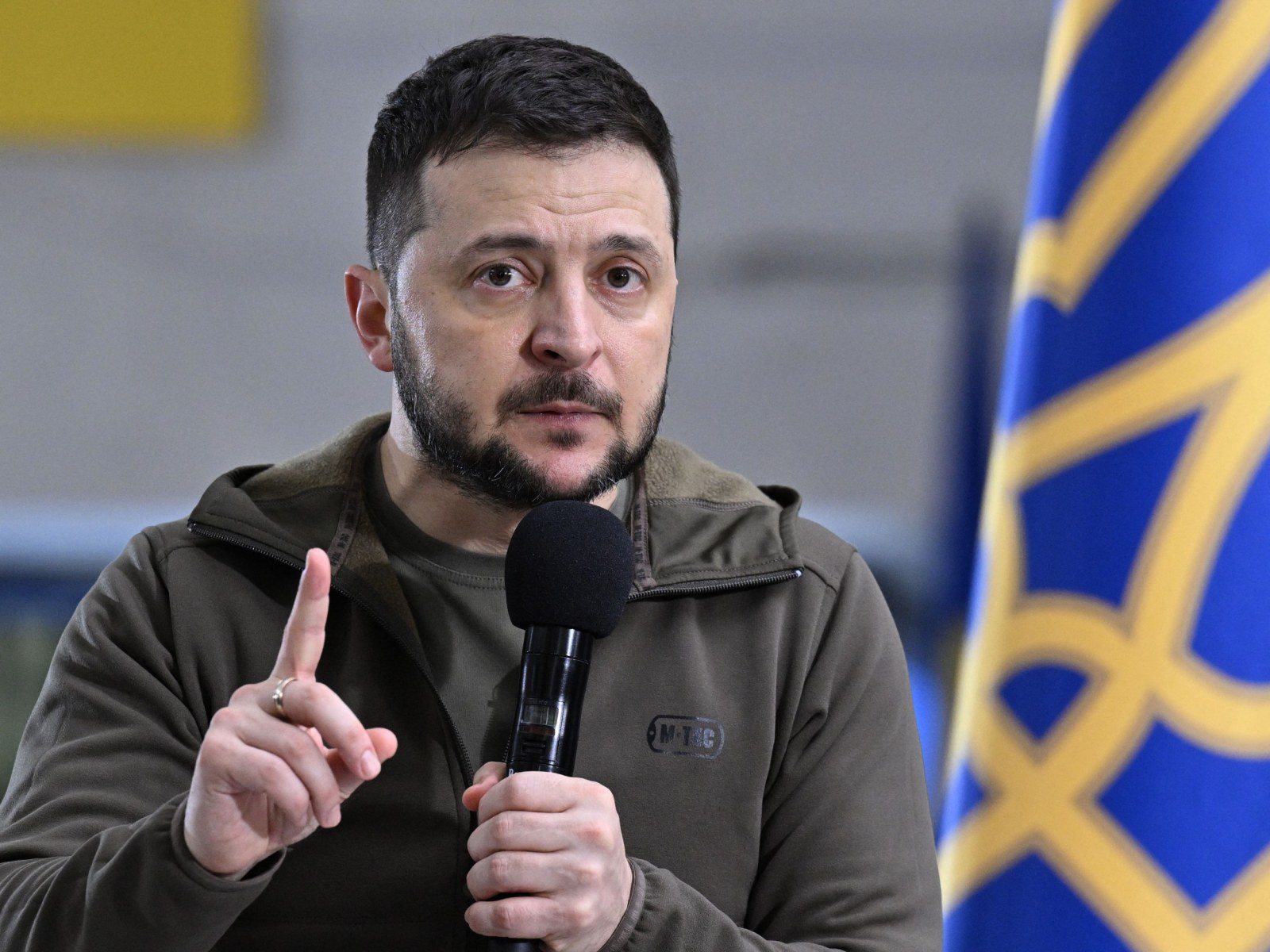Scheduled high-level peace talks regarding Ukraine in London were reduced to official meetings following the unexpected cancellation of U.S. Secretary of State Marco Rubio’s participation. He was replaced by special envoy Keith Kellogg. Despite this, the Ukrainian delegation held “productive” discussions with U.S. representatives. Meanwhile, the Kremlin confirmed continued bilateral talks with the U.S., but denied any contact with Ukraine or European countries, reports the Baltimore Chronicle with reference to The Guardian.
U.S. President Donald Trump accused Ukrainian President Volodymyr Zelensky of complicating the peace process by refusing to recognize Russia’s annexation of Crimea. Trump stated that this stance was hindering the achievement of an agreement, which, according to him, is already close to completion. U.S. Vice President Jay D. Vance warned that if the parties do not agree to a ceasefire on current frontlines, the U.S. may cease mediation efforts.
The Ukrainian side, represented by Vice Prime Minister Yulia Svyrydenko, expressed readiness for negotiations but not capitulation. She emphasized that no agreement will be made that allows Russia to strengthen its positions for further attacks. Zelensky also stressed the necessity of an unconditional ceasefire, which implies a complete halt to hostilities on land, air, and sea.
Russia proposed freezing the conflict at current frontlines in exchange for the recognition of Crimea’s annexation but continued to oppose the placement of European peacekeeping forces in Ukraine. European leaders, particularly from France, insist that any peace agreement must guarantee Ukraine’s territorial integrity.
Amidst diplomatic efforts, hostilities continue. Russian drones attacked several regions of Ukraine, including Dnipropetrovsk, Poltava, Odesa, Kharkiv, Myrnograd, Zaporizhzhia, and Kherson, resulting in at least 11 deaths and numerous injuries.
Earlier we wrote that European Union confirms visa-free travel for Ukraine despite new requirements.

